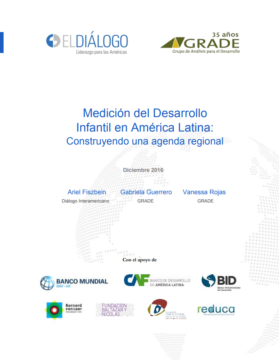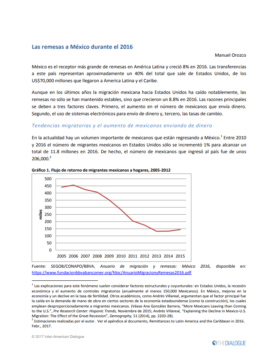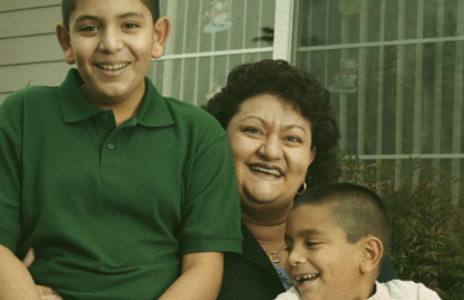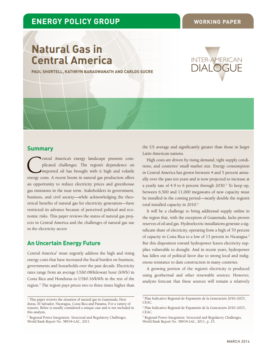Reform of Vocational and Technical Education
The globalization of markets is creating increasing pressure for educational reform in Latin America.
The globalization of markets is creating increasing pressure for educational reform in Latin America.
Traditional policies , mainly based in expanding coverage to more students,are currently inadequate tothe social and economic changes that are happening in the region.
This report presents the findings of a comparative study about the academic background of teachers in primary and secondary education in the US, South Korea, Hong Kong, Singapore, Thailand and Japan.
The Chilean education system has 180,000 teachers and is divided into preschool, elementary, middle, higher, technical and adults. This paper deals with the first four levels. The first three types of schools can be municipal (state funding), private (Private funding) or private subsidized (with mixed funding). To enroll in universities, one…
Measuring early childhood development (ECD) at the national level is crucial for informing policy-making and for evaluating ECD programs in Latin America.
Violent crime in Central America, particularly in the “northern triangle,” is reaching breathtaking levels.
This report card seeks to strengthen the capacity of national groups to analyze education policy in Guatemala
The criticism of the traditional ways of teaching have gained more strengt against the requirements of a training, which addresses the rapid obsolescence of knowledge and the need to ensure an effective and relevant learning.
Aunque en los últimos años la migración mexicana hacia Estados Unidos ha caído notablemente, las remesas no sólo se han mantenido estables, sino que crecieron un 8.8% en 2016. Las razones principales se deben a tres factores claves. Primero, el aumento en el número de mexicanos que envía dinero. Segundo, el uso de sistemas electrónicos para envío de dinero y, tercero, las tasas de cambio.
Although migrants have experienced a modest improvement since the recession, one in three remain in a “vulnerable” financial position.
The focus of the reflections will be the Educational reform processes of Chile, Argentina and Uruguay , without ruling references to other ongoing reforms in Brazil and the Dominican Republic.
The government has taken unprecedented steps to transform and improve the education system.
Natural gas has the potential to reduce Central America’s high energy costs and mitigate its dependence on imported oil.
En los últimos años casi todos los países latinoamericanos impulsaron transformaciones que llevaron a un escenario educativo actual bastante más favorable que el de décadas pasadas.
There is consensus that education is vital for economic development, social progress and democracy strengthening. However, today, most children in Latin America and the Caribbean have no access to quality education. In fact, Latin-American schools are in crisis and are not educating the youth. Instead of contributing to progress, they…




